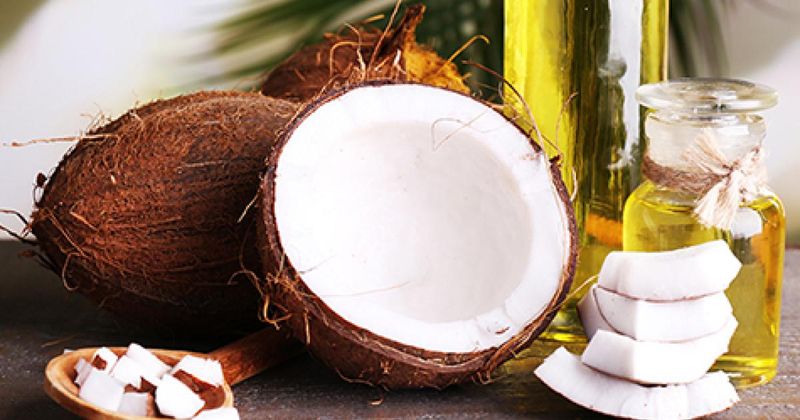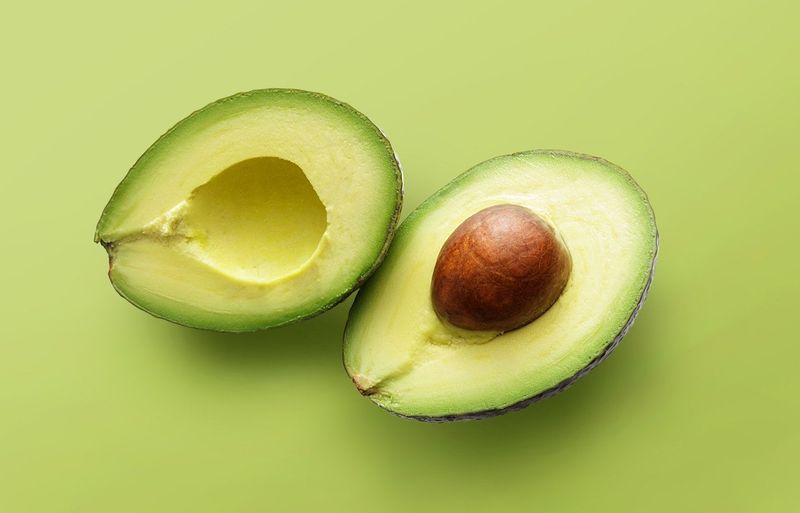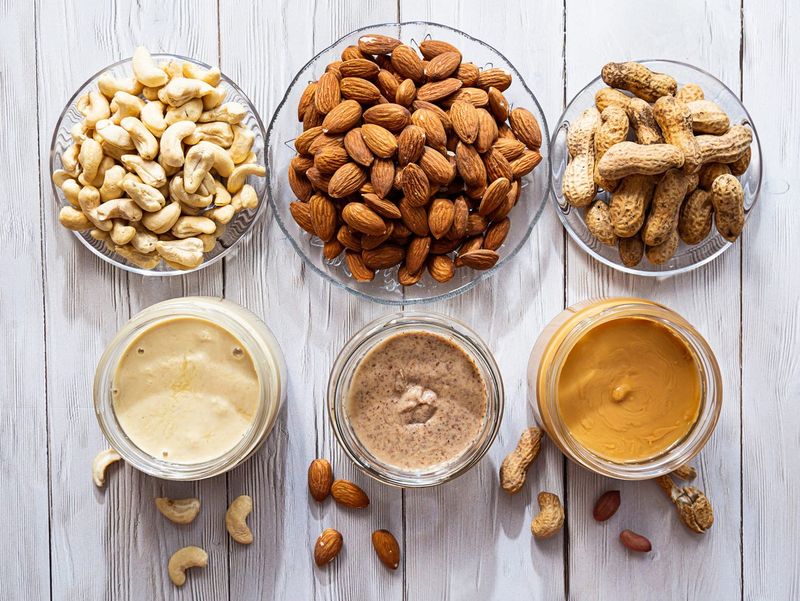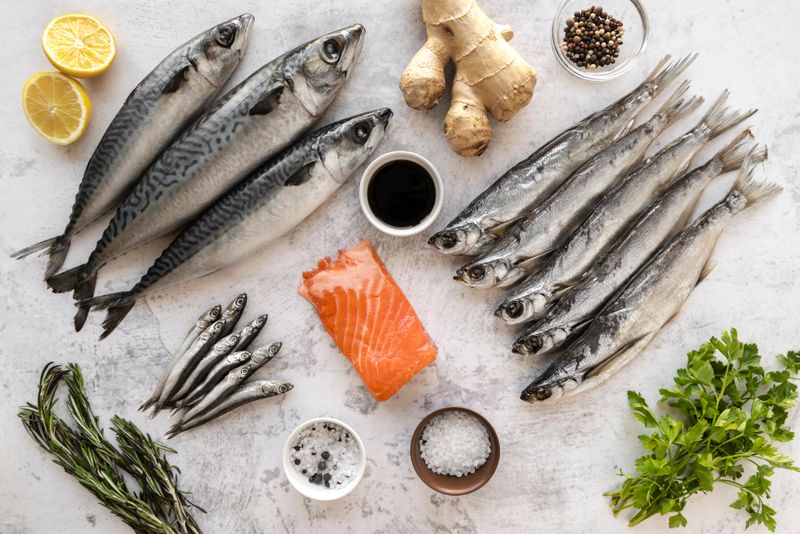Fat has gotten a bad reputation over the years, but not all fats are created equal. Many foods we’ve been told to avoid actually contain healthy fats that our bodies need to function properly. Nutrition experts are now sharing the truth about these misunderstood fats and why they deserve a spot on your plate.
1. Egg Yolks
Remember when everyone was ordering egg white omelets? Those golden yolks were unfairly blamed for raising cholesterol levels. Recent research shows that dietary cholesterol doesn’t impact blood cholesterol as much as we once thought.
Egg yolks pack incredible nutrition into a tiny package. They contain healthy fats that help your brain work better and support eye health. Plus, they’re loaded with vitamins D and B12.
Whole eggs actually help you feel full longer than egg whites alone. The fat in yolks slows down digestion, keeping hunger at bay for hours.
2. Coconut Oil
Coconut oil faced serious backlash when health experts called it unhealthy due to its saturated fat content. However, coconut oil contains medium-chain triglycerides (MCTs), which behave differently in your body than other saturated fats.
Your body processes MCTs quickly, turning them into energy instead of storing them as fat. This makes coconut oil particularly useful for athletes and active people who need quick fuel.
Coconut oil also has antimicrobial properties that may help fight harmful bacteria. When used in moderation, it can be part of a healthy cooking routine.
3. Dark Chocolate
Dark chocolate seems too good to be true as a healthy fat source, but it’s packed with beneficial compounds. The cocoa butter in dark chocolate contains oleic acid, the same heart-healthy fat found in olive oil.
Quality dark chocolate (70% cacao or higher) provides antioxidants that protect your cells from damage. These compounds may help lower blood pressure and reduce inflammation throughout your body.
Small amounts of dark chocolate can satisfy sweet cravings while providing actual nutritional benefits. Just stick to one or two squares to keep calories in check.
4. Avocados
Avocados were once avoided by dieters because of their high fat content, but these creamy fruits are nutritional powerhouses. They’re loaded with monounsaturated fats that actually help lower bad cholesterol levels.
The healthy fats in avocados help your body absorb fat-soluble vitamins from other foods. Adding avocado to your salad helps you get more nutrition from the vegetables you’re eating.
Avocados also contain fiber and potassium, making them excellent for heart health. Their creamy texture makes them perfect for replacing less healthy fats in recipes and spreads.
5. Nuts and Nut Butters
Nuts got labeled as fattening foods that dieters should skip, but research proves otherwise. People who eat nuts regularly tend to weigh less and have better heart health than those who avoid them completely.
The combination of healthy fats, protein, and fiber in nuts helps control appetite and blood sugar levels. Almonds, walnuts, and pistachios are particularly rich in beneficial fats and nutrients.
Natural nut butters provide the same benefits as whole nuts in a convenient, spreadable form. Choose varieties without added sugar or oils for maximum nutritional value and authentic nutty flavor.
6. Fatty Fish
Salmon, mackerel, and sardines were sometimes avoided because of their higher fat content compared to white fish. But these omega-3 rich fish are among the healthiest proteins you can eat.
The omega-3 fatty acids in these fish fight inflammation and support brain health. Regular consumption may help prevent heart disease and improve mood and memory function.
Canned sardines and salmon provide the same nutritional benefits as fresh fish at a fraction of the cost. They’re convenient protein sources that require no cooking and have a long shelf life.
7. Full-Fat Dairy
Low-fat and fat-free dairy products dominated grocery shelves for decades, making full-fat versions seem unhealthy. New research suggests that full-fat dairy may actually be better for weight management and overall health.
The natural fats in whole milk, cheese, and yogurt help you feel satisfied and may prevent overeating. These fats also help your body absorb important vitamins like A, D, and K.
Full-fat dairy products often taste better and contain fewer additives than their low-fat counterparts. Choose organic, grass-fed options when possible for the highest quality and nutritional content.







Leave a comment